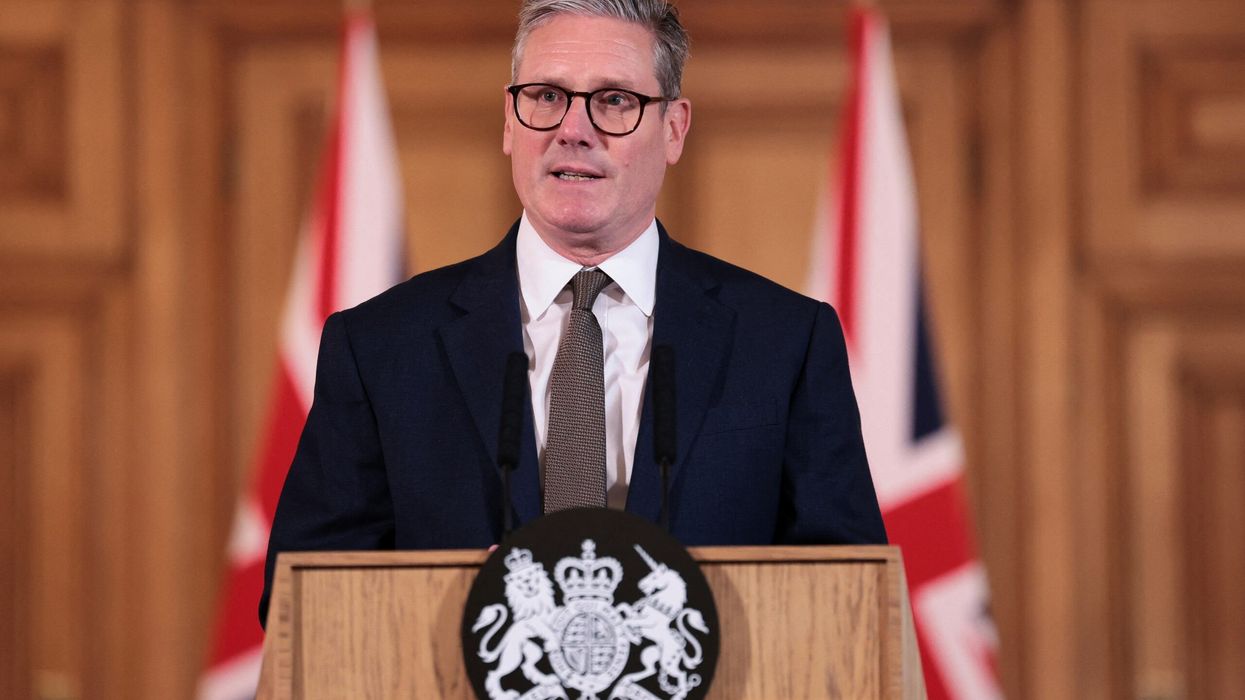Keir Starmer has announced a funding package of up to £84 million for projects across Africa and the Middle East to address the causes of illegal migration.
The prime minister unveiled these plans at the European Political Community summit in Oxfordshire on Thursday.
“Our package of up to £84 million will improve education, boost employment and build resilience to conflict and climate change across the Middle East and North Africa - to help bring down migration figures whilst improving lives for the world’s most vulnerable people,” said Starmer.
Around 45 European leaders attended the summit to discuss major issues, including illegal migration and security cooperation.
Starmer also announced new initiatives with Slovenia and Slovakia to combat organised crime and human trafficking.
Foreign secretary David Lammy said, “If we are to tackle the rising crisis of migration, we must address why people flee their homes and risk dangerous journeys to the UK and other European countries.”
The efforts will focus on improving long-term prospects for people in their home regions. New programmes will support Syrian refugees in Jordan and Lebanon with education, skills development, and employment opportunities. This is part of UK's commitment to the UNHCR’s Global Refugee Forum to ensure refugee children can access education.
Funding in North and East Africa, including for the Better Regional Migration Management (BRMM) programme, will help migrants fill local skills gaps and protect their rights.
Humanitarian aid for conflict-impacted communities will also be provided, including food, water, shelter, and health interventions for over 210,000 individuals in Sudan.
The UK will increase its funding to multilateral organisations to support refugee-hosting governments and improve resilience to climate change and natural disasters.
Additionally, up to £2 million will support the International Organisation for Migration’s work in Libya, assisting vulnerable migrants in returning to their home countries safely.
The funding package includes:
- £13 million for Migration for Development programmes in North and East Africa.
- £21 million in multilateral support for key host and transit countries, including Libya, Ethiopia, Egypt, and Chad.
- £26 million for programmes supporting Syrian refugees.
- £24 million for direct aid to communities in Sudan, Chad, and Ethiopia.





